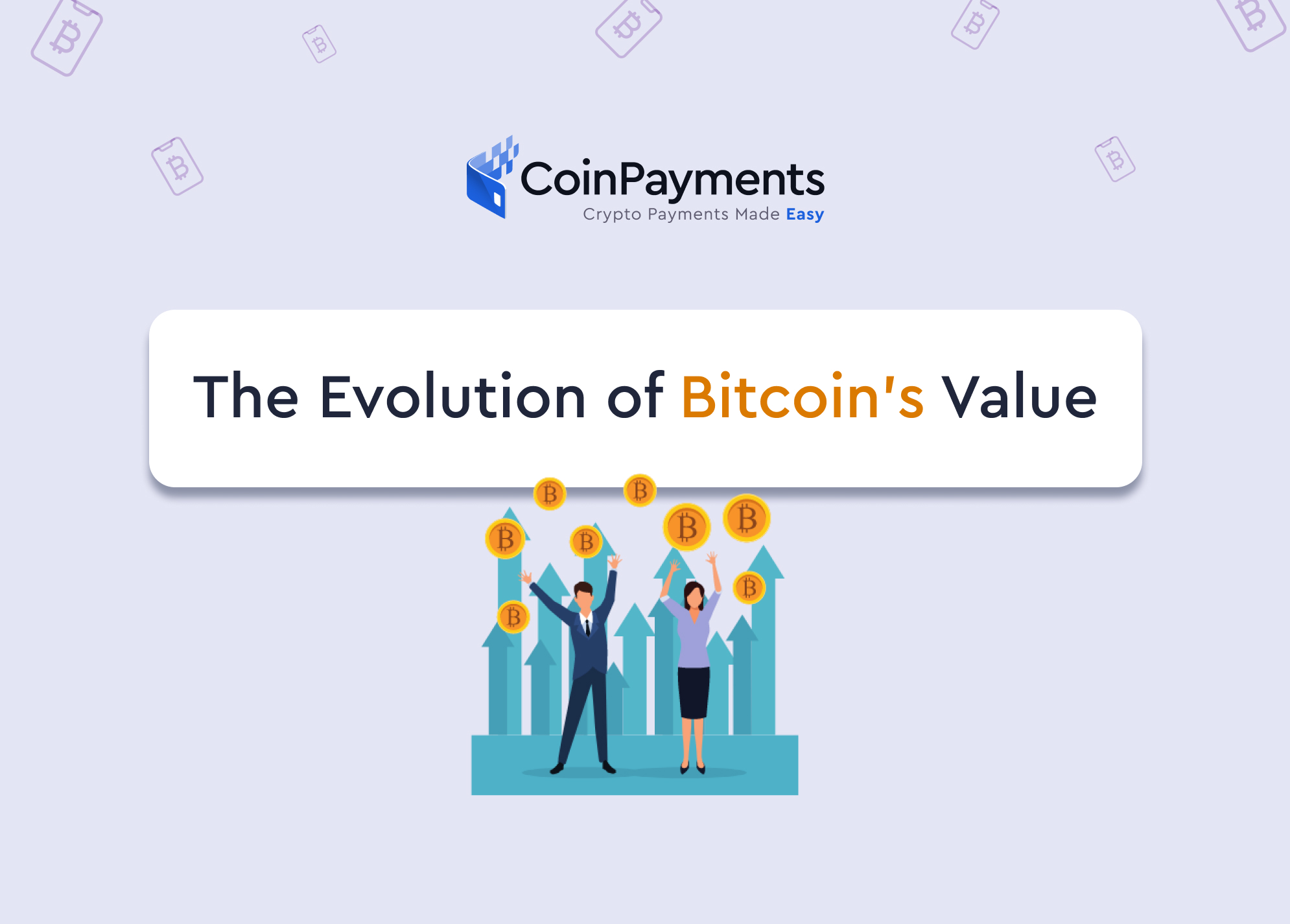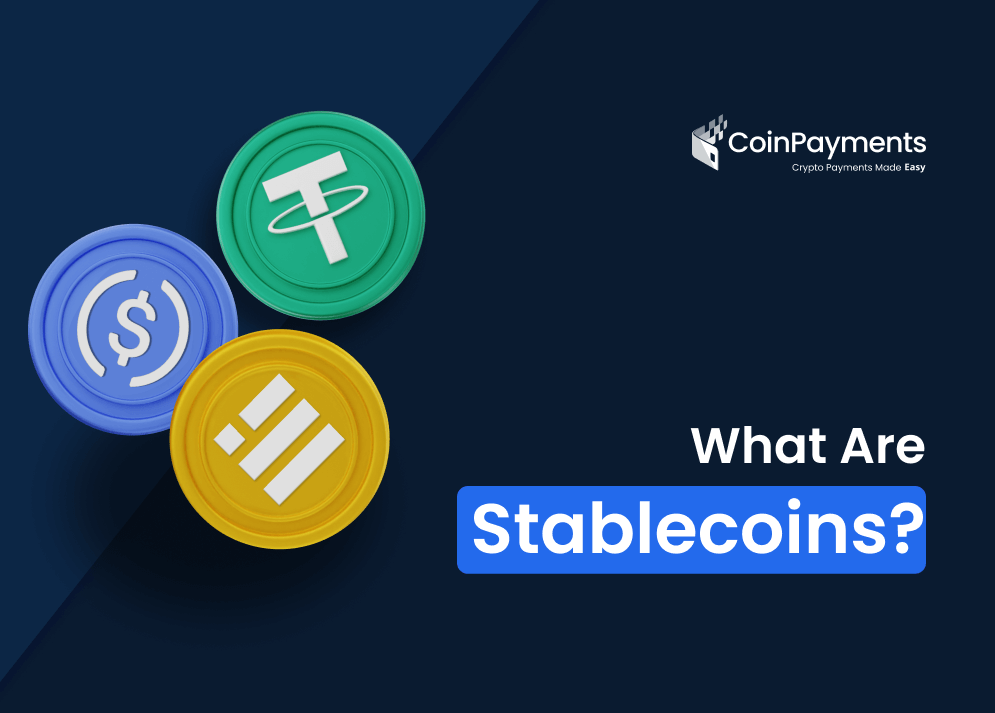
Bitcoin has had an astonishing run in terms of price and its overall real market value. Indeed, this single digital coin has made the cryptocurrency market a force to be reckoned with and proven that digital currencies really do have the financial power necessary to, one day, potentially overtake fiat.
But let’s not get ahead of ourselves. Let’s take a look at the evolution of Bitcoin’s value over its history so far. This way, you can see how far Bitcoin has come to understand its potential to grow more in the future.
An Overview of Bitcoin’s Price History
At the time of this writing, just a single Bitcoin is worth over $60,000. That’s right – most Americans will never be able to afford a single BTC (which is indeed why most Bitcoin transactions are carried out with fractions of Bitcoin). With this price, Bitcoin has increased the value of the crypto market overall.
But it didn’t start that valuable. It was the exact opposite!
Initial Trading
When Bitcoin first came to the market in 2009, its value was essentially nothing. 1 BTC wasn’t even worth a fraction of a percent of a cent, and most of the people trading Bitcoin back then did so as something of a hobby or joke.
One of the earliest Bitcoin users, SmokeTooMuch, tried to auction 10,000 BTC for the very low price of $50. Unfortunately, he was unable to find a buyer. This demonstrates how no one could have ultimately predicted how far Bitcoin would rise.
First Price Bump and Transaction
The coin’s first price hike occurred in May 2010, when Laszlo Hanyecz purchased two pizzas in Jacksonville, Florida, for 10,000 BTC. At this point, a single Bitcoin token was still worth less than one cent.
Still, the point was made: Bitcoin could be used to purchase items in the real world, marking this moment as a transformative step for the broader market.
Dollar Parity
February 2011 saw Bitcoin’s price eventually rise so that the token took parity with the US dollar. Indeed, Bitcoin remained priced at about one dollar from February to April 2011, which helped it gain its first significant traction with the public.
Once it achieved parity, more people started thinking of Bitcoin and other digital tokens as real alternatives to traditional currencies.
The Big Jump
Bitcoin’s first major jump in price occurred in November 2013, when it went from $350 (it had steadily climbed to this point since April 2011) up to $1,242 by November 29th.
This massive jump was driven partly by price speculation. Many investors began to treat the digital token like a once-in-a-lifetime opportunity to get rich quickly. This growth was ultimately short-lived, as the price of Bitcoin dropped back down to $340 in April 2014. It quickly rose back to $530 for one BTC.
The 2012 and 2013 Cypriot financial crisis and the European sovereign debt crisis may have also led to the rise in Bitcoin’s value during this time as investors and speculators sought new areas to invest in aside from traditional vehicles.
Further Price Bubbles
This is just a taste of the volatile action behind Bitcoin. Future price bubbles and spikes occurred up until the present day, including:
- A spike at the end of 2013. By December of that year, Bitcoin was trading at $1156.10, only to fall to $760.03 days later. Bitcoin remained around this price range and eventually hit a low of $315 a token at the beginning of 2015.
- In 2017, a fifth price bubble suddenly bloomed and made many people quite rich. Bitcoin’s price hovered at around $1000 at the beginning of 2017, though it briefly declined during January and February. The rest of the year was nothing but growth: the value of a single Bitcoin token eventually reached $20,089 by December 17, 2017. Here, Bitcoin finally got the spotlight from many of the top stock news and financial analyst sites of the time. Bitcoin had become mainstream, and public attention was now fixated on this digital token.
- For the next two years, Bitcoin’s price remained stagnant or even decreased here and there. The price surged over $10,000 again in June 2019, but it fell to just over $7000 by December 2019.
- Only in 2020 did Bitcoin’s price skyrocket once again, coinciding with the coronavirus pandemic. It began the year at $7,200, but on the market close of November 23, 2020, Bitcoin was trading at a record high of $18,353.
- The year 2021 was even better for the major cryptocurrencies. March 2021 sought BTC prices to reach all-time highs, even over $60,000 per token. April 14, 2021, saw Bitcoin reach an ultimate peak of $64,000 a coin, though the price dropped to $32,000 over the summer.
- This leads us to the present day when a single Bitcoin token is worth over $60,000.
In many of these instances, the sudden spike in price for Bitcoin was driven by a few key things:
- Market speculation: As Bitcoin’s price goes up, more people are driven to purchase because they think it will continue to rise and sell it for a profit later.
- Market acceptance: As Bitcoin’s price goes up, those on the fence start to see the digital token as a basic form of currency.
The latter of the two is more sustainable. Because of this, Bitcoin’s price could continue to go up over time, though its “spikiness” might decrease in the future as speculation becomes less common.
What’s Behind BTC’s Price Volatility?
As you can see, Bitcoin has had quite a wild ride in terms of the overall price. But what’s behind this market volatility?
It’s all due to speculation. Although many reading this guide already believe in the viability of cryptocurrencies and understand their benefits, the general public has taken a very long time to catch on to these advantages.
Most people didn’t think that Bitcoin and the broader cryptocurrency market was anything more than a scam designed to get regular folks to invest their money in a token scheme until 2020 or 2021. That’s partly because cryptocurrencies don’t operate the same as fiat currencies; Firstly, they are decentral. Secondly, there isn’t anything backing their value in terms of real-world gold or silver.
That said, more people are finally jumping on board the crypto train and have started to realize the ultimate value of Bitcoin and other digital tokens. This is what has led to the token’s meteoric rise in value over the last few years.
As regular Americans look for places to stash their investment funds, more than ever before are thinking of cryptocurrencies as viable alternatives to traditional stock market investing. This is especially true in the wake of things like the GME stock debacle.
There are still many more individual Bitcoins to be mined until they reach the cap of 21 million coins, at which point inflation should theoretically stop and be arrested forever.
Where Will BTC’s Price Go Next?
Those in the space hope that Bitcoin will remain valuable in perpetuity, especially as more business moves online and decentralization becomes a more attractive financial system to regular Americans.
Bitcoin is already accepted as a means of payment at a lot of major stores. With the increase in crypto adoption, people can purchase pretty much anything they want with crypto now, especially if they’re purchasing online.
Time will tell.
Summary
For now, the best place to keep an eye on the market and Bitcoin’s price is platforms like CoinPayments. Not only can you track how Bitcoin’s price evolves in the future with CoinPayments, but you can also accept BTC and other digital tokens for your online business using our payment platform.
We’re a one-of-a-kind digital wallet and payment processor combined, leading the charge toward accepting crypto payments for e-commerce stores across industries. Check us out today!
Sources:
Bitcoin price history 2013-2021 | Statista
Bitcoin USD (BTC-USD) Price, News, Quote & History | Yahoo Finance
Bitcoin is coming to hundreds of US banks, says crypto firm NYDIG | CNBC



